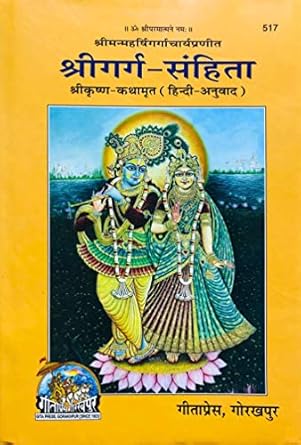2.48 Assessment of market value or compensation
2.48.1 Bare Act Provision:
28. Assessment of market value or compensation.―(1) The market value of any property which the Central Government is empowered to purchase at such value under this Act or the compensation to be paid by the Central Government in respect of anything done under this Act shall, where any dispute arises in respect of such market value or compensation, be ascertained in the manner provided in sections 3, 5, 8 to 34, 45 to 47, 51 and 52 of the Land Acquisition Act, 1894 (1 of 1894), so far as they can be made applicable:
Provided that, when making an enquiry under the said Land Acquisition Act, the Collector shall be assisted by two assessors, one of whom shall be a competent person nominated by the Central Government and one a person nominated by the owner, or, in case the owner fails to nominate an assessor within such reasonable time as may be fixed by the Collector in this behalf, by the Collector.
1[(2) For every antiquity in respect of which an order for compulsory acquisition has been made under sub-section (3) of section 23 or under sub-section (1) of section 26, there shall be paid compensation and the provisions of sections 20 and 22 of the Antiquities and Art Treasures Act, 1972 (52 of 1972) shall, so far as may be, apply in relation to the determination and payment of such compensation as they apply in relation to the determination and payment of compensation for any antiquity or art treasure compulsorily acquired under section 19 of that Act.]
Footnote:
1. Subs. By s. 33, ibid., for sub-section (2) (w.e.f. 5-4-1976).
Section 28 of the Ancient Monuments and Archaeological Sites and Remains (AMASR) Act, outlines the process for assessing market value or compensation for property or antiquities acquired or affected under the Act.
2.48.2 Assessment of Market Value or Compensation
As per Section 28(1) of the AMASR Act, if there is a disagreement about the market value of property the Central Government wants to purchase or the compensation for losses caused by actions under the AMASR Act e.g., excavations or restrictions, the value or compensation will be determined using the rules from specific sections of the Land Acquisition Act, 1894, as applicable. During this process, the Collector will be assisted by two assessors: one chosen by the Central Government and one by the property owner. If the owner does not nominate an assessor within a reasonable time set by the Collector, the Collector will appoint one. This provision ensures a structured and legally recognized process for resolving disputes over market value or compensation, promoting fairness by adopting established land acquisition procedures and involving assessors to balance government and owner interests in heritage-related transactions.
2.48.3 Role of Assessors
As per proviso of the Section 28(1) of the AMASR Act, when the Collector conducts an inquiry to determine compensation or market value, they must work with two assessors: one appointed by the Central Government and one by the owner. If the owner does not pick an assessor within the time limit set by the Collector, the Collector will choose one for them. This proviso enhances impartiality in the compensation assessment process by involving representatives from both the government and the owner, ensuring a balanced evaluation while providing a fallback mechanism to prevent delays if the owner fails to participate.
2.48.4 Compensation for Compulsory Acquisition of Antiquities
As per Section 28(2) of the AMASR Act, if the Central Government compulsorily acquires an antiquity under Section 23(3) or Section 26(1), it must pay compensation to the owner. The process for determining and paying this compensation will follow the rules outlined in Sections 20 and 22 of the Antiquities and Art Treasures Act, 1972, as applicable, similar to how compensation is handled for antiquities acquired under that Act. This provision ensures that owners of compulsorily acquired antiquities are fairly compensated by adopting a specialized legal framework tailored for cultural artifacts, aligning the AMASR Act with existing antiquities legislation to protect Bharat’s heritage while respecting property rights.
The reliance on the Land Acquisition Act, 1894, which is outdated and has been largely replaced by the Right to Fair Compensation and Transparency in Land Acquisition, Rehabilitation and Resettlement Act, 2013, creates legal inconsistency and potential inadequacy in compensation assessments. This outdated framework may not reflect modern standards for fair compensation, leading to disputes or insufficient payments, undermining landowner trust.

Image credit: https://x.com/GemsOfINDOLOGY
Know more about Temple Laws ….




Pingback: AMASRA: 2.49 Section 29. Delegation of powers. – bharatlex-rinkutai.com